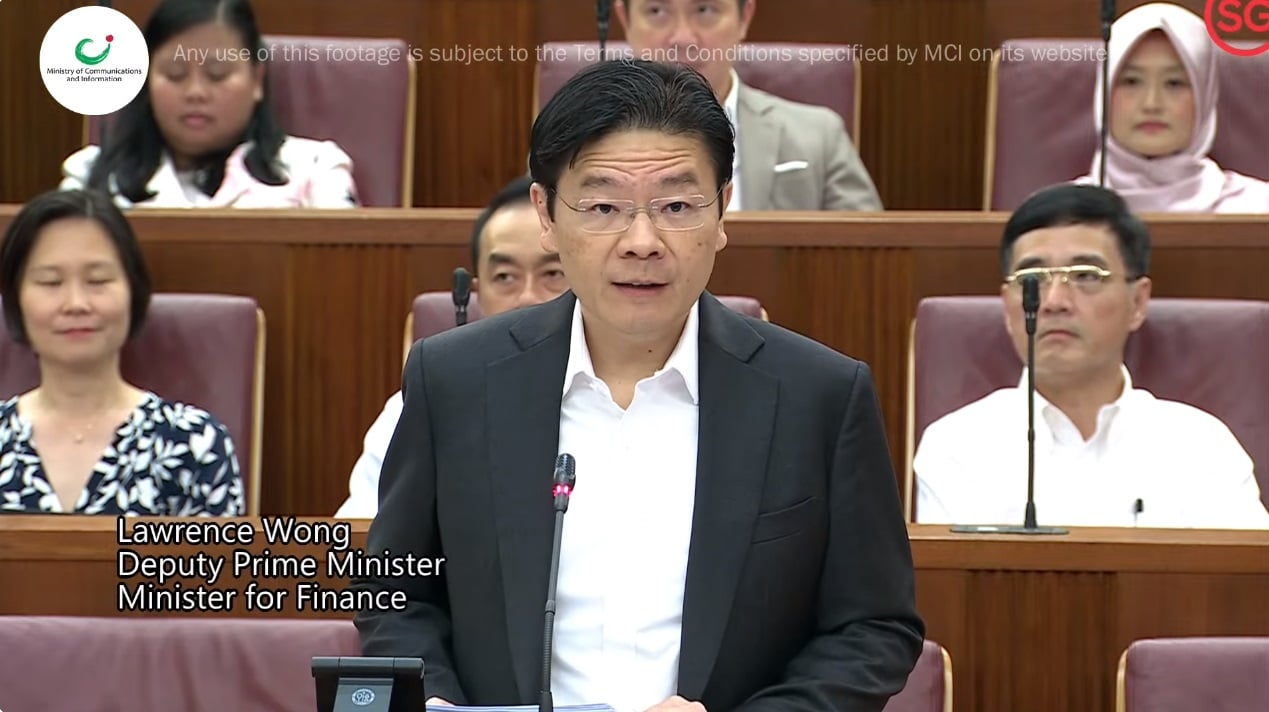
Employers should offer structured training for their employees to increase productivity and in turn, sustainable wage growth, the National Wages Council (NWC) urged on 30 May.
The NWC is a tripartite body comprising representatives from the three social partners – the employers, the trade unions and the Government.
In the wage guidelines and recommendation press release, the NWC said that employers might seek the assistance of Singapore National Employers Federation (SNEF), Singapore Business Federation (SBF), Trade Associations & Chambers (TACs) and the unions to develop their training plan.
It also pointed out that employers can tap on the wide range of SkillsFuture and Adapt & Grow programmes available to properly execute the training plans.
Unionised companies and NTUC-e2i partners should work with unions to establish Company Training Committees and build up their inhouse workplace learning capabilities, so that employees can continue to keep up with the pace of transformation at work.
Noting that more seniors want to stay active and are prepared to continue working, the NWC encourages employers to tap on the older workforce, where possible, and to adopt higher retirement and re-employment ages voluntarily. To facilitate this, employers should also provide the necessary training for senior workers if need be.
The council also recommends firms to provide more part-time employment opportunities and implement workplace health programmes that meet senior workers’ needs.
They can also redesign jobs, workplaces and HR policies to be “age-friendly”, it added.
Meanwhile, the NWC urged senior workers to “proactively seek to reskill and upskill themselves to maintain their employability” and “stay open to changes in their job scopes as they progress in their careers”.
To benefit more low-wage workers, the NWC will raise the basic wage threshold from $1,300 to $1,400 in 2019. The NWC recommends that employer grant a built-in wage increase of $50 to $70 to low-wage workers earning a basic salary of up to$1,400.
The NWC also make recommendation for employers that achieved productivity gains in 2018 to provide a oneoff payment of $200 to $360 to low wage workers.
As for the low-wage workers in outsourced work, the NWC listed three guidelines for both service buyers and providers.
Firstly, both the service buyers and service providers should recognise the length of service, experience and performance of incumbent workers when renewing or taking over their contracts.
Secondly, both parties should avoid a “reset” of wages and benefits for outsourced workers who perform the same job functions when service providers are changed.
Lastly, both are to improve the work environment for such low-wage workers, such as making available proper and reasonable rest areas for outsourced workers to facilitate rest.
The council urged employers that have done well and have good business prospects to reward should reward their employees with built-in wage increases and variable payments by their performance and contributions.
Those firms that have done well but face uncertain prospects “may exercise moderation” in built-in wage increases, but should still reward employees with variable payments, it added. All firms that had increased their productivity in 2018 are strongly suggested to give employees a one-off bonus.
For businesses that had not performed well and face uncertain prospects may exercise wage restraint with management, leading by example. Still, employers should make greater efforts to improve their business processes and productivity, especially by investing in skills training, the council reaffirmed.
If you’d like to contribute your story to us, drop us an email at editors@sureboh.sg and we’ll review it. We read each submission that comes to us within two weeks of receiving it.





